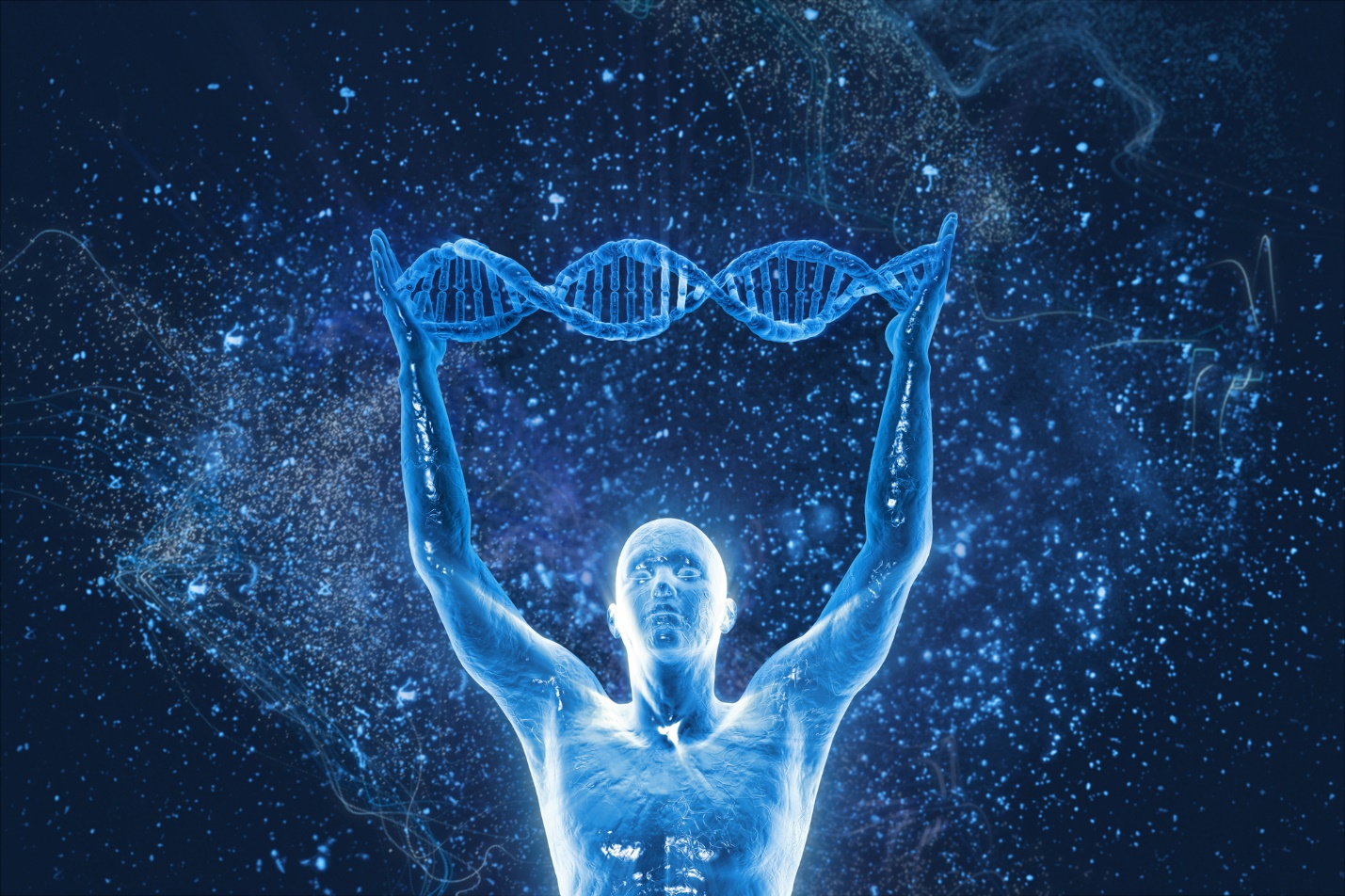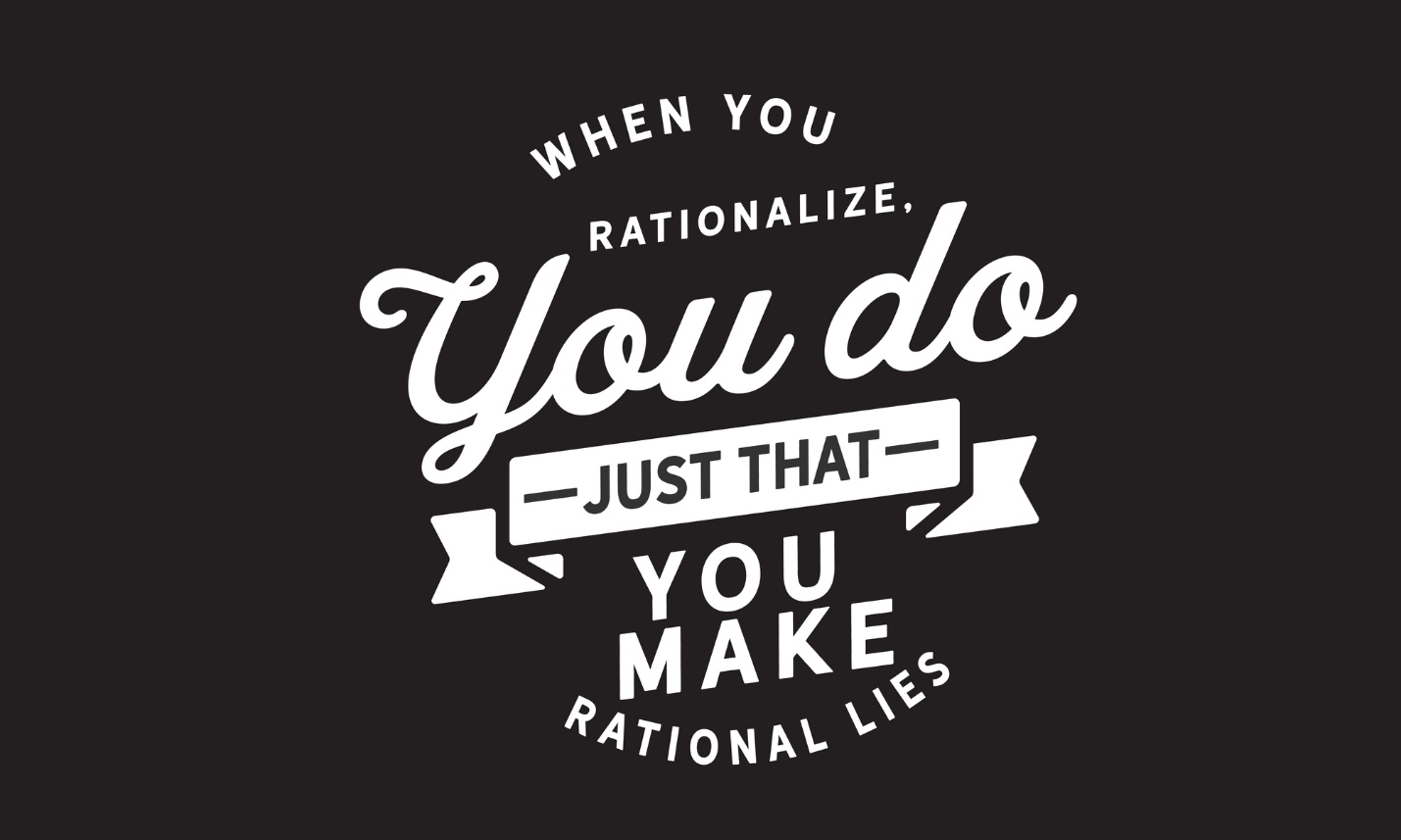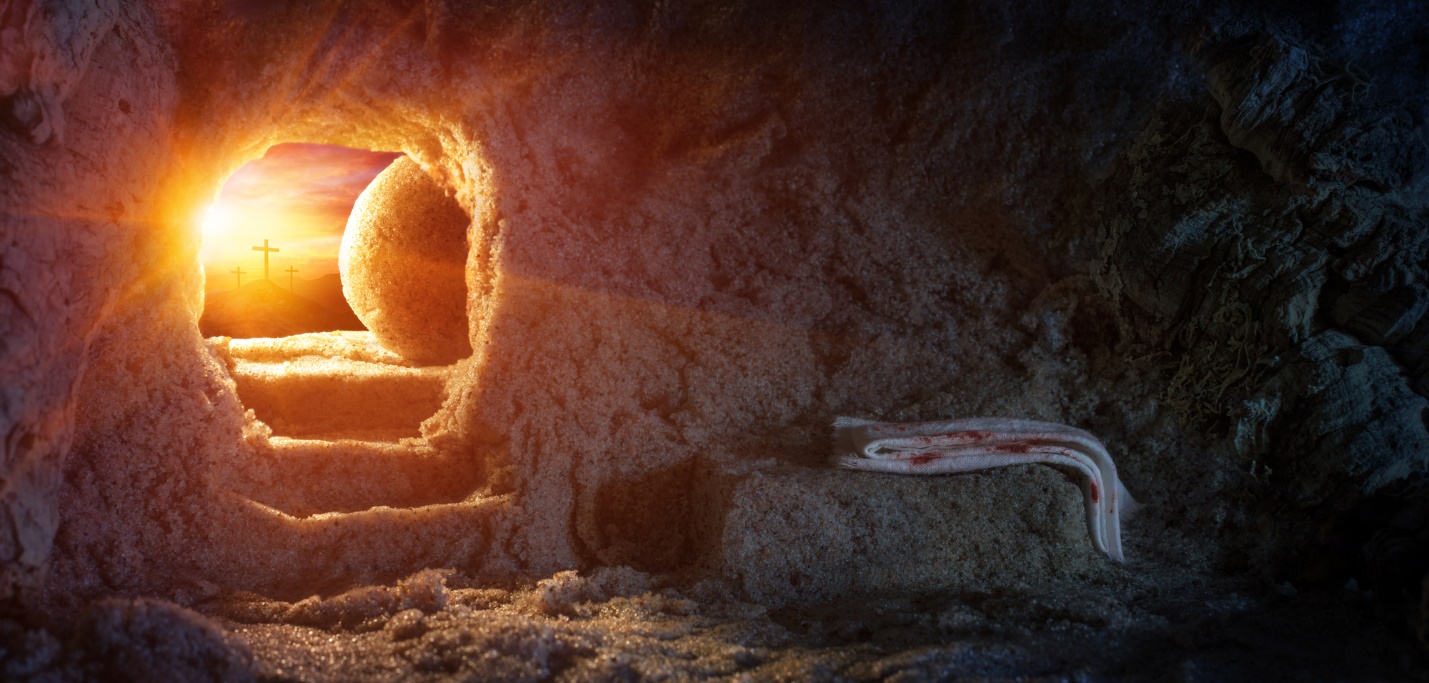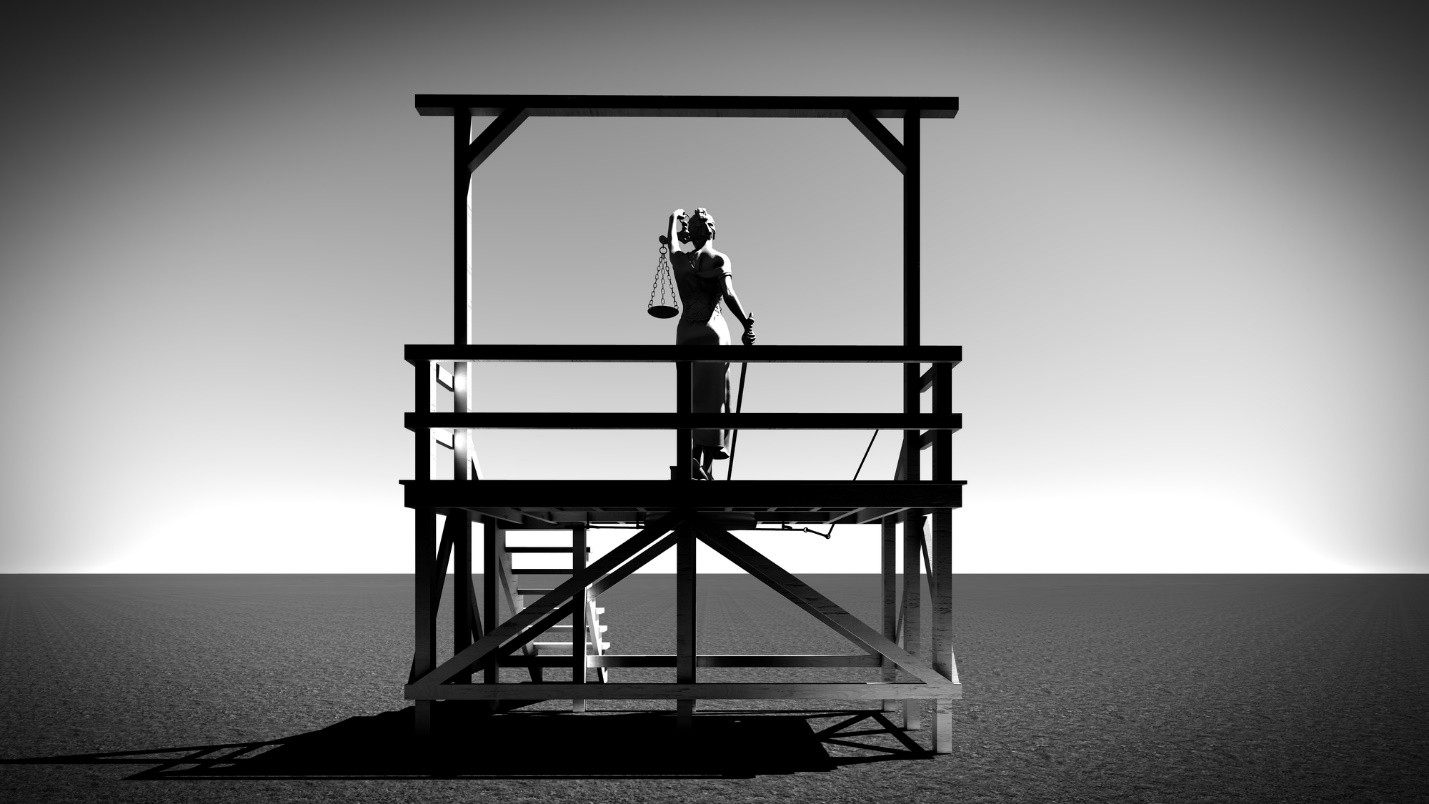BP41
You may have something living inside you at this very moment that is worse than stage four cancer. Much worse.
Let’s call it the biggest problem in the universe for humanity. It lives inside everyone.
Let’s say it dictates how you view yourself and every other person in your life–even how you see God.
Let’s say it will kill you if you choose to ignore it. Some people even kill themselves because of it.
Lisa describes this internal killer as “a force that takes over inside of me. It’s a wall that comes up. When it’s awakened, I can’t be in the presence of others. I have to get away. Go solo. I’m alone in a deep dark hole that threatens to swallow me up. I’m annihilated. It’s like Frodo’s wound that the Witch-King of Angmar inflicted with the Morgul knife: it will never heal. I’m alone. Angry. It’s a global thing for me.”

Garrett identifies it as a feeling of total badness. He feels so bad, in fact, that at times he scratches his arm until it bleeds. He experiences intense hatred for himself and feels like he is going to implode. He feels less than everybody else. Behind. Lost. Deeply inferior.
Alone.
What is this universal virus that infects every human on the planet? It is actually two-pronged. I will begin with one: Shame. (The other prong is condemnation.)
All humans have shame but some people seem to barely notice it. Others know shame very well. It is the air they breathe.
Shame can be approached psychologically and spiritually. Psychologically, Fossum and Mason in their book Facing Shame refer to shame as a monstrous dragon that is invisible but powerful. (I like to compare it to carbon monoxide—you can’t smell it or taste it, but it will kill you if you’re not careful.)
Fossum and Mason theorize that people strive to live up to an impossible image or standard that is communicated to them from the outside world—from parents, teachers, friends, media, society at large. When people fail to live up to this image, they feel totally inadequate and unworthy. This experience of profound unworthiness is what psychology refers to as shame.
More specifically, Fossum and Mason define shame as “humiliation so painful, embarrassment so deep, and a sense of being so completely diminished that one feels he or she will disappear into a pile of ashes. Shame involves the entire self . . . of a human being” (p. xii). Further, they say that shame is a pervasive sense “that one is fundamentally bad, inadequate, defective, unworthy, or not fully valid as a human being” (p. 5).
Fossum and Mason also mention that people use sophisticated defense mechanisms to mask shame so no one else sees what they are experiencing—or possibly even to hide it from themselves. They attempt to detach from the grossly flawed true self and create a false self to present to the world.
Can you identify a time when you felt shame—recently or in the past? Could it have been when you failed a professional exam for the fourth time? When you walked up on stage for a high school choir concert, tripped on an electrical cord and fell flat on your face? When the soccer team captains at the annual banquet announced to everyone present that you have earned the team award for being the most naïve person they have ever met? When your spouse divorced you? When you looked at pornography for the third time in one day after asking forgiveness the previous times? When you asked someone out on a date and the object of your affection replied that he or she was not interested in your type? When you were bullied or ignored or not included or annihilated by a cutting comment?
Psychologically, shame is more than mild embarrassment. For some people, it is such an intense experience that they describe themselves as an alien (think ET) among humans—they don’t feel like they fit into the human race. Shame is extreme, global, terribly isolating.
One person described shame not as the feeling of making a mistake but of being a mistake. Rejectable. Unlovable. Strange. Irredeemable. Nothing can fix them or make them better. They are forever condemned to living as a leper in their private bubble. The worst of it is that many of these people are suffering alone.
Nobody knows that some of these individuals are just one shameful event away from suicide.

People spend years in therapy dealing with crippling shame that might come from the internalized voice of a highly critical parent; from a coach or teacher or boss that humiliated them; from an abusive experience that left them feeling bad and ashamed; or from the condemning voice of their own conscience.
Some people are never able to shake shame. It owns them. Often, they turn to addictions to escape the unshakable sense of being bad, weak, or fundamentally flawed. Other individuals who are absolutely defined by shame will suicide. They perceive that they will never be able to attain the standard or image that has been imposed on them by the world, so they remove their inferior, disgusting, burdensome selves from the world. Never again will they feel like they are an irreparable mistake.
So, how does a psychological view of shame compare with a spiritual perspective drawn from God’s word?
The Bible has a lot to say about shame (and condemnation).
It begins with creation. God made humans in His image—personal and perfect beings. They were naked physically and spiritually but felt no condemnation or shame. No guilt. No remorse. No regrets. No self-consciousness.
But then the first humans listened to Satan–the enemy of God (and their own souls) and rebelled against their Maker. They chose darkness over light. Disobedience over obedience. Guilt over innocence. Isolation over being known.
In God’s moral order that flows out of His holy character, humanity fell from both the practice and status of perfection.
In the presence of the perfect and holy God, naked humans after the Fall felt exposed both physically and spiritually. They obviously knew something had changed in their practice but also in their status. They were cursed with an awareness that something was wrong within them. So, they hid from God and covered their nakedness with fig leaves. Sin had arrived, and it ushered in shame (and condemnation).

Similar to psychological shame, Adam and Eve spiritually sensed that their entire being was diminished and that they would disappear into a pile of ashes (death). What they experienced also infected their entire selves. They may not have had the words to describe it at the time, but they felt fundamentally bad, defective, unworthy, not fully valid as a human being—just how Fossum and Mason described the experience of psychological shame.
In the garden of Eden, humans first felt the dark sensation of shame creep its way through their total being; they experienced the original badness; they encountered the ugly awareness that they were no longer living up to the perfect standard they had enjoyed previously both in practice and in status. They had fallen far away from the perfect selves God had created them to be. Impossibly far.
A key point here is that the shame of Adam and Eve was valid. They felt less than because after the Fall they were literally less than what they had been before. They felt bad because their choice to sin had separated them from their loving Creator and their previous perfection. They now were cursed with a new status—sinner separated from God. Original perfection devolved into original sin.
The primary difference between Fossum and Mason’s definition of psychological shame as opposed to spiritual (biblical) shame is that what Adam and Eve experienced in the garden was not due to some ideal standard they perceived from the culture or from their parents that they found impossible to achieve.
No, the original shame experienced by the first two humans resulted from disobeying God and subsequently falling short of His holy standards that He had created within them from the beginning. The image they were designed to attain was not impossible at the beginning. Quite to the contrary, it was hard-wired within them. Perfection was who they were. God had created them in His image—perfect and holy.
It is interesting that Fossum and Mason refer to shame as a response to an impossible image that cannot be attained. They may not have been aware of it, but this description of shame comes right out of the Bible.

When Adam and Eve disobeyed and perfection was lost, they knew they were no longer pleasing to God, so they hid. They were aware that the image that had been innately part of their spiritual DNA was now impossible for them to reach in the wake of disobedience and sin. They could no longer approach a perfect God because they were imperfect.
As alluded to above, the experience of badness or being less than we should be is an experience that predictably results when we have fallen from perfection. Unsurprisingly, we will feel shame. We should feel shame. Not because we’re masochists who serve a sadistic God, but because shame tells us something is wrong that needs to be remedied. Shame is a symptom that points to something else. It’s the red light on the dashboard of your car that instructs us to check the engine.
The first humans did not experience shame until they committed the original sin because before that the perfect standard was natural to them. They were created that way. Paradise was lost when the status of perfection was destroyed due to rebellion and disobedience.
After the Fall, all of us are now born with shame—not just the shame (or guilt) that follows individual acts of sin but the shame that accompanies a status of imperfection.
So, there is such a thing as valid shame. But is there such a thing as invalid or false shame? Yes. This is not the post to discuss it at any length, but counterfeit shame is experienced when internalized critical voices, one’s own harsh conscience, and Satan’s accusations and lies collude to form a prosecuting attorney inside the heart and mind. Both believers and nonbelievers can experience such false shame. It is false because it is not true, or it is true but hellishly inflated.
The tragic thing is that Satan can take what is true—the imperfection within men and women that accompanies sin—and use that against them to accuse them day and night. He will announce to them that they are bad and even separated from the loving God. These things are true.
Maliciously, Satan will use these truths to access the human heart but then will go on to lie to us through the vehicle of shame. He will accuse us that our status of imperfection renders us so bad that we are unlovable to God and aliens among other humans. These accusations are not true. They are lies from the pit of hell. They never come from Jesus, the One who loves unconditionally. Satan, however, wants us to believe that they do.

Satan is such a deceiver. He usually intermingles truth with his lies. He’s like a baker mixing the correct ingredients for a cake with a large dose of arsenic.
So, we have described shame a little. Now it’s time to move on to condemnation. How does it relate to the dragon of shame? Does it come from the dragon, or did it give birth to it?
Condemnation is the act of pronouncing or judging someone as guilty and then sentencing them to punishment. In biblical terms, part of this punishment entails removal from God’s presence because the sinful human is no longer perfectly holy and so cannot enter the company of the perfect Creator.
Imperfection cannot exist in the presence of perfection. Darkness cannot remain when the light comes. The light naturally does not and cannot allow it to exist. The darkness is automatically driven away, dispelled. The same is true with badness and sin. It cannot exist in God’s perfect and holy presence. God does not even have to choose to drive sin from His presence. It simply cannot exist with Him due to His innate perfect character.
Getting back to condemnation . . . What comes first? Condemnation or shame? I believe condemnation comes first. Somewhere inside, humans sense that they are pronounced guilty because they are guilty. They stand guilty of disobedience against God. Their God-given, hard-wired conscience convicts them of sin and informs them that their rebellion has separated them from God’s presence.
The result of condemnation is a sense of shame—feeling less than. Legitimately, people know that they have made a mistake but they also feel like they are a mistake. Something is inherently wrong with them. Their very nature has fallen into a far worse condition.
Something must be done with condemnation. Every human must find a way to deal with condemnation and its consequence, namely, the deep shame of not living up to God’s perfect nature in whose image we were created. The shame that oozes like pus from the open wound of condemnation is intense and unrelenting. So, what is a person to do?
If a person does not turn to God to resolve condemnation and shame, what options remain? He or she can do any of the following:
- Engage in the most primitive of human psychological defense mechanisms: denial. This denial might involve the person insisting that they have done nothing wrong, or it might even lead to a denial of God’s existence (see Romans 1:18-23). They foolishly reason that if there is no God, there can be no condemnation and no shame. Voila! They are not imperfect or unholy but good people trying their best to be decent in a hardscrabble world.
- Related to the denial of sin mentioned above, a person can put on a mask and hide their sin and shame. Mainly, they are hiding it from themselves. They might employ distractions or addictions to help in this masking of reality. This hiding may be a bit different than denial because the person knows the badness is there; they just cover it up and try not to think about it.
- Some people rationalize. They tell themselves that they’re good enough or at least better than most other people. They convince themselves that if God is love then He cannot hate anything.

4. Others try to be good to offset their guilt. They might save the whales or join PETA or be generous to the poor, etc. None of these things may be unhealthy unless people use them to make themselves less bad or try to rectify a status issue with a behavioral fix. Religion can fall under this category. I define religion as humans attempting to reach God through their own efforts. Christianity, on the other hand, is God reaching down to us to do what only He can do, namely, save us from our sins, condemnation, and shame. In this latter scenario, Jesus changes our status and right behavior then follows.
5. Many people (maybe all of us) will not see the plank in their own eye but will see the speck in their neighbor’s or spouse’s eye and be quick to call that out. They might take their own sin or guilt or badness and project it onto others, identifying it in the other person instead of seeing it in themselves. Some have theorized that racism has its roots in people projecting their badness onto a whole other people group and then judging them.
6. Yet others will deal with condemnation by embracing the identity of badness. They will see bad as good and good as bad. Aren’t I a bad dude? they might exclaim. It’s righteous to be bad! To be a rule-breaker is to be cool. To be as independent and anti-authoritarian as possible is to be woke.
These six human methods of coping with condemnation and shame never wash away the sin or actually resolve the sense of badness and imperfection. The deeply entrenched reality of condemnation that spawns shame remains intact and will lead to reactions like defensiveness, personalizing, hypersensitivity, hearing what’s not said, self-protection, self-focus—possibly even narcissism and other personality disorders.
Now that we’ve looked at some human coping, what is God’s way of dealing with sin, valid condemnation and true shame?

Easter. Easter is God’s answer. When Jesus died on the cross and three days later was raised from the dead, He made a way for our sins to be forgiven, for condemnation to be reversed, and for shame and true guilt to be removed. But more than that, He came to change our status from sinner to saint and from unholy to holy and from unrighteous to righteous. Only God can change the spiritual status of humans. Only He can declare us innocent instead of guilty. Let no human convince you otherwise.
The message of Easter is that since humans are powerless before condemnation and shame, Jesus came to be a scapegoat and a sacrifice. As the scapegoat, Jesus takes away our sin and places it on Himself. Our wrongdoing and badness are removed from us and laid on Him.
As our sacrifice, Jesus came to pay the price of our punishment. Since the penalty for sin requires a shedding of blood—a death—according to God’s universal justice system, someone had to die for sin. Jesus died in our place. He took our sin and gave us His righteousness. This is the amazing message of Good Friday: scapegoat and sacrificial substitute.
In summary, we no longer stand condemned because Jesus has taken our sin on Himself and paid our punishment by dying in our place.
God doesn’t want us to try to be good. He wants us to be holy. What exactly does that mean? Don’t we get holy be being good and perfect? No. The only way to be holy is to receive this attribute from a holy Being by believing on His name. When we believe in Him, Jesus makes us a new creation and He resides in our hearts in the person of the Holy Spirit. He restores us back to the people we were at the beginning—perfect.
Only God can give us the status of perfection by living inside of us.
Unlike the one who believes in Jesus, the unbeliever has neither scapegoat nor sacrifice.
What then? Sin remains. These people stand in condemnation and are full of shame—both spiritual and psychological shame. For Satan, it is open hunting season and unbelievers are the deer. They are sitting ducks for the liar who will come and accuse them.
The problem is that these people are accusable. They are guilty. They are alienated from God. They stand on their own merits and next to a holy God those merits are never good enough. They have no defense against the attack of the enemy on the level of both true and false shame.
So, how does Easter impact shame and condemnation?
John 3:16-18 sums it up amazingly well: For God so loved the world that He gave His only Son, that whoever believes in Him should not perish but have eternal life. For God did not send His Son into the world to condemn the world, but in order that the world might be saved through Him. Whoever believes in Him is not condemned, but whoever does not believe is condemned already, because He has not believed in the name of the only Son of God.
Why is belief in Jesus so important?

Because we already stand condemned, and we need someone to deliver us from this terrible status.
Condemnation is our natural status since we have rebelled against God and are naturally separated from Him.
Do you see what this familiar passage says? Jesus did not come to condemn us. He came to save us. His purpose is not to announce condemnation and fuel shame but to rescue us from the condemnation we currently stand under.
What is so amazing about this passage is what verse 16 does not say and what it does say. Does it say that God so hated the world, or so judged it, or so was angry with it? No, it does not say any of these things.
It says that God so loved the world. Easter is such good news for humanity because God sent His Son into our world to die for us and be raised again to life. Our sins can be laid on the scapegoat and removed by the substitute and we can be delivered from the condemnation we already wallow in—helpless and lost. On top of that, we can receive eternal life.
Here we have the best news for spiritual and psychological shame. No therapist or counselor can offer you what Jesus offers. Psychologists can listen and empathize and earn your trust and give you insights and offer you tools to disagree with the prosecuting attorney.
But only Jesus can change your status from lost to found, from condemned to saved, from unholy to holy, from alone to included in His family. Only Jesus can pay the price to satisfy the punishment of your condemnation and save you from the hellish toxin known as shame.
This Easter season, always remember Romans 8:1, 31, 33. There is therefore now no more condemnation for those who are in Christ Jesus. . . If God is for us, who can be against us . . . Who shall bring any charge against God’s elect? It is God who justifies. Who is to condemn?
Jesus is the antidote to shame, that terrible feeling and status of being less than, guilty, exiled, imperfect, deficient, flawed, separated—because He removes the punishment we deserve. He makes us a new creation. He takes our unrighteousness and unholiness and gives us His righteousness and holiness. What an awesome exchange!
Scapegoat and sacrifice.
The last truth to be mentioned in this post is that condemnation and shame are a two-pronged threat that must be dealt with first—both spiritually and psychologically. This threat is a mammoth aspect of the human condition that must be removed before growth of any significance or sustainability can occur in a human being. How can anyone love another person or God or even herself when she is preoccupied with punishment and shame?
Like the chronic alcoholic who must address the addiction first before he can grow emotionally and relationally, so the human who lives under condemnation cannot address the ugly power of shame and Satan’s accusations with much success until the condemnation is first removed.

So, come to Jesus and experience His great love for you. He came to set you free from sin, from its condemnation, from its residual shame–both true and false shame–and to give you peace with God.
When you turn your back on sin and turn instead toward Him, He takes your condemned self with its unrighteous status and restores you to perfection.
No bunny could ever do that.
Not even you can do that.
Only God can give you a new heart and a holy status.
Never settle for colored eggs when Jesus promises to make you perfect and give you eternal life.
But He was pierced for our transgressions; he was crushed for our iniquities; upon Him was the chastisement that brought us peace, and with His wounds we are healed. All we like sheep have gone astray; we have turned—every one—to his own way; and the Lord has laid on Him the iniquity of us all ~ Isaiah 53:5,6
But when Christ had offered for all time a single sacrifice for sins, He sat down at the right hand of God, waiting from that time until His enemies should be made a footstool for His feet. For by a single offering He has perfected for all time those who are being sanctified ~ Hebrews 10:12-14
